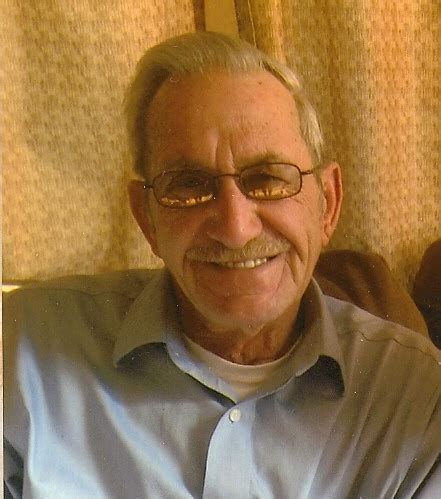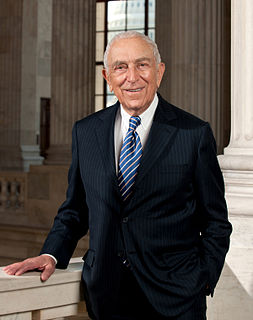A Quote by Bill Kristol
Reagan was the most important American political figure of the latter half of the 20th century. No one was more central to his emergence and success than Bill Buckley.
Related Quotes
D-Day represents the greatest achievement of the american people and system in the 20th century. It was the pivot point of the 20th century. It was the day on which the decision was made as to who was going to rule in this world in the second half of the 20th century. Is it going to be Nazism, is it going to be communism, or are the democracies going to prevail?
The different American experience of the 20th Century is crucial because the lesson of the century for Europe, which essentially is that the human condition is tragic, led it to have a build a welfare system and a set of laws and social arrangements that are more prophylactic than idealistic. It's not about building perfect futures; it's about preventing terrible pasts. I think that is something that Europeans in the second half of the 20th century knew in their bones and Americans never did, and it's one of the big differences between the two Western cultures.
Until the Left took over American public education in the second half of the 20th century, it was generally excellent - look at the high level of eighth-grade exams from early in the 20th century and you will weep. The more money the Left has gotten for education - America now spends more per student than any country in the world - the worse the academic results. And the Left has removed God and dress codes from schools - with socially disastrous results.
It was Reagan who began the realignment of American politics, making the Republicans into internationalist Jeffersonians with his speech in London at the Palace of Westminster in 1982, which led to the creation of the National Endowment for Democracy and the emergence of democracy promotion as a central goal of United States foreign policy.
I was really interested in 20th century communalism and alternative communities, the boom of communes in the 60s and 70s. That led me back to the 19th century. I was shocked to find what I would describe as far more utopian ideas in the 19th century than in the 20th century. Not only were the ideas so extreme, but surprising people were adopting them.
Richard Nixon is very much a self-made man in the six years prior to his emergence as a national figure. Between the moment he's elected to Congress in 1946 and the moment he's inaugurated as Vice President in 1953, he conducts nothing less than a kind of prodigy of American political self-advancement.
To me, the puzzle of Ronald Reagan is how a comparatively ordinary man, someone with not extraordinary talent, accomplished such extraordinary results. At the age of 50, no one expected that this was going to be the guy who would become, at least in my interpretation, one of the two most important presidents of the 20th century.
































